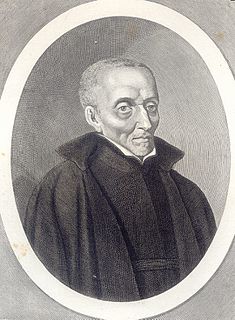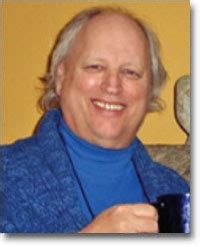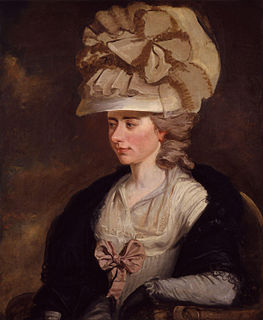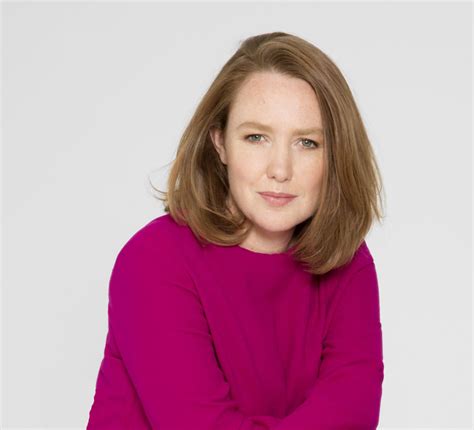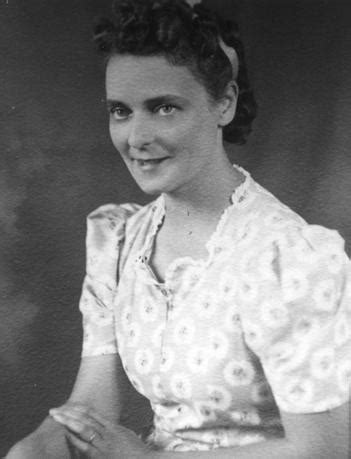A Quote by Samuel Johnson
How small of all that human hearts endure, That part which laws or kings can cause or cure! Still to ourselves in every place consigned, Our own felicity we make or find. With secret course, which no loud storms annoy, Glides the smooth current of domestic joy.
Related Quotes
The greatest human virtue bears no proportion to human vanity. We always think ourselves better than we are, and are generally desirous that others should think us still better than we think ourselves. To praise us for actions or dispositions which deserve praise is not to confer a benefit, but to pay a tribute. We have always pretensions to fame which, in our own hearts, we know to be disputable, and which we are desirous to strengthen by a new suffrage; we have always hopes which we suspect to be fallacious, and of which we eagerly snatch at every confirmation.
We set up a certain aim, and put ourselves of our own will into the power of a certain current. Once having done that, we find ourselves committed to usages and customs which we had not before fully known, but from which we cannot depart without giving up the end which we have chosen. But we have no right, therefore, to claim that we are under the yoke of necessity. We might as well say that the man whom we see struggling vainly in the current of Niagara could not have helped jumping in.
The laws of thought are natural laws with which we have no power to interfere, and which are of course not to be in any way confused with the artificial laws of a country, which are invented by men and can be altered by them. Every science is occupied in detecting and describing the natural laws which are inflexibly observed by the objects treated in the Science.
If we could sufficiently understand the order of the universe, we should find that it exceeds all the desires of the wisest men, and that it is impossible to make it better than it is, not only as a whole and in general but also for ourselves in particular, if we are attached, as we ought to be, to the Author of all, not only as to the architect and efficient cause of our being, but as to our master and to the final cause, which ought to be the whole aim of our will, and which can alone make our happiness.
I think we each have a personal sweet spot as well. It's the state of mind in which we experience the most joy and satisfaction in being ourselves. And from that place of pleasure and joy in being ourselves, energy arises to flow out into our day bringing with it the depth and resonance of our own beingness, bringing with it blessing.
Communing with God is communing with our own hearts, our own best selves, not with something foreign and accidental. Saints and devotees have gone into the wilderness to find God; of course they took God with them, and the silence and detachment enabled them to hear the still, small voice of their own souls, as one hears the ticking of his own watch in the stillness of the night.
Physical weather certainly is beyond our control. ... But human weather - the psychological climate of the world - is not beyond our control. The human race is its own rain and its own sun. It creates its own cyclones and anti-cyclones. The ridges of high pressure which we sometimes enjoy, the troughs of low pressure which we so often endure, are of our own making and nobody else's.


